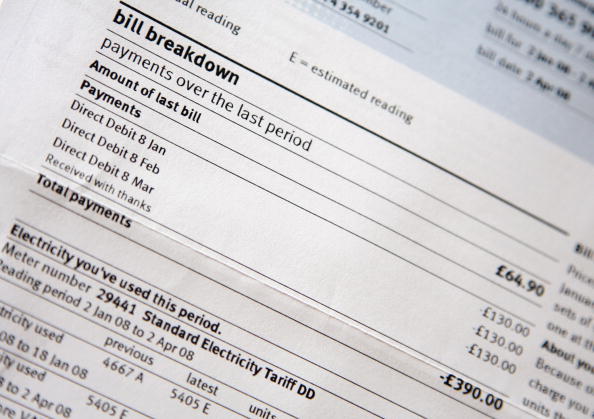Explainer: British Gas and other energy firms under the spotlight for prepayment meters

This measure is considered a “last resort”, but it was found to be used routinely. Arvato, the contractor used by British Gas, incentivised its debt collectors to force-fit the meters through bonuses. Energy companies apply to magistrates’ courts to get the warrants they need to force entry into homes. The number of these warrants rose exponentially last year.
Energy regulator Ofgem forced British Gas to stop this practice, and all major energy providers have agreed to suspend it.
Energy UK boss Emma Pinchbeck condemned the procedure. She added that energy companies should expect their contractors to “stick to the very clear rules of the game”. Speaking on BBC Radio 4 this morning, she said the industry body’s members should be accountable for ensuring this practice is never repeated.
Pinchbeck also said the industry has been “pushing on real concerns on affordability and debt for some time”. The affordability crisis she speaks about is tangible: 12 million households are now spending more than 10 per cent of their income on energy.
“Absolutely we expect the industry to do what it should be doing, and we push them to go further, but it’s also true that there has to be a role for government and the regulator and consumer groups and all of us to get round the table and fix the affordability crisis”, Pinchbeck said.
Yet the industry will have to do more than reassure consumers that things will be fine. This incident has not only hit consumers’ trust, but also companies’ shares. Centrica’s shares plummeted by more than 3 per cent yesterday, with the company boss saying he was “really truly sorry” for what vulnerable customers had to go through.
Not everyone spoke in these terms. Ofgem boss Jonathan Brearley defined this forceful practice “reasonable”. Speaking in front of the Business, Energy and Industrial Strategy Committee this week, he claimed there was “a group of customers who can afford to pay their bills but choose not to”. Brearley’s claims were – fairly – widely regarded as insensitive, especially during a cost-of-living crisis pushing more and more families into vulnerable situations.